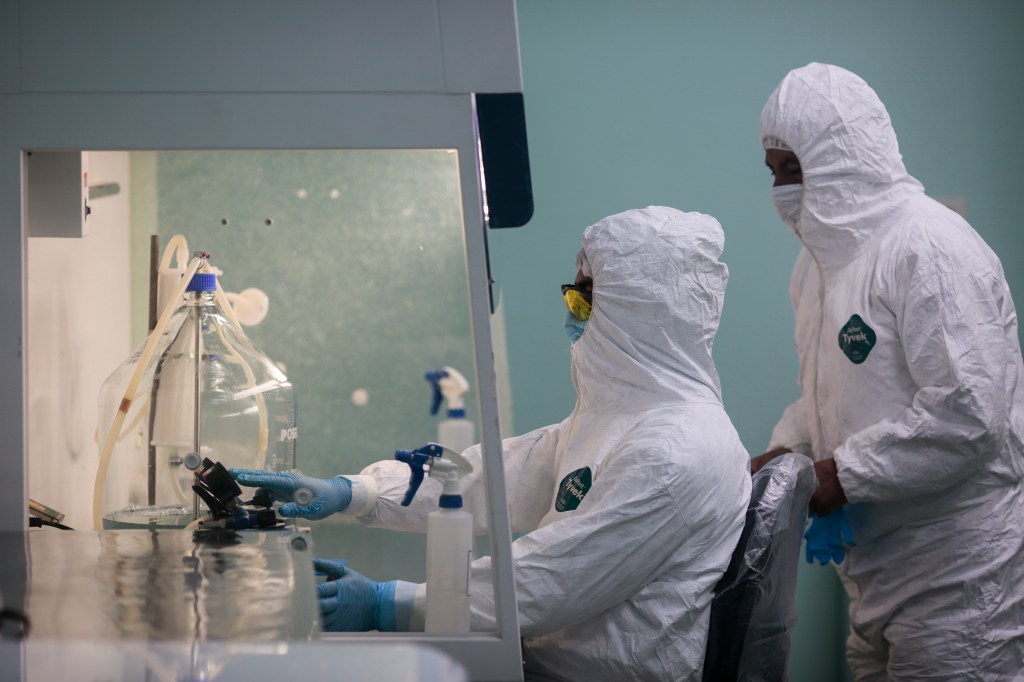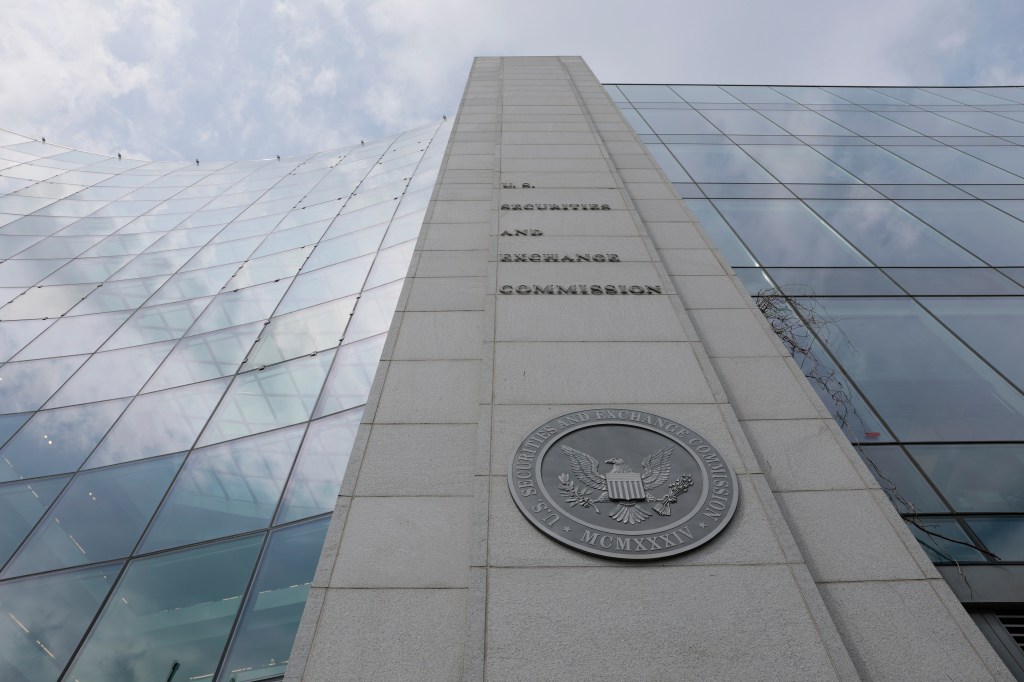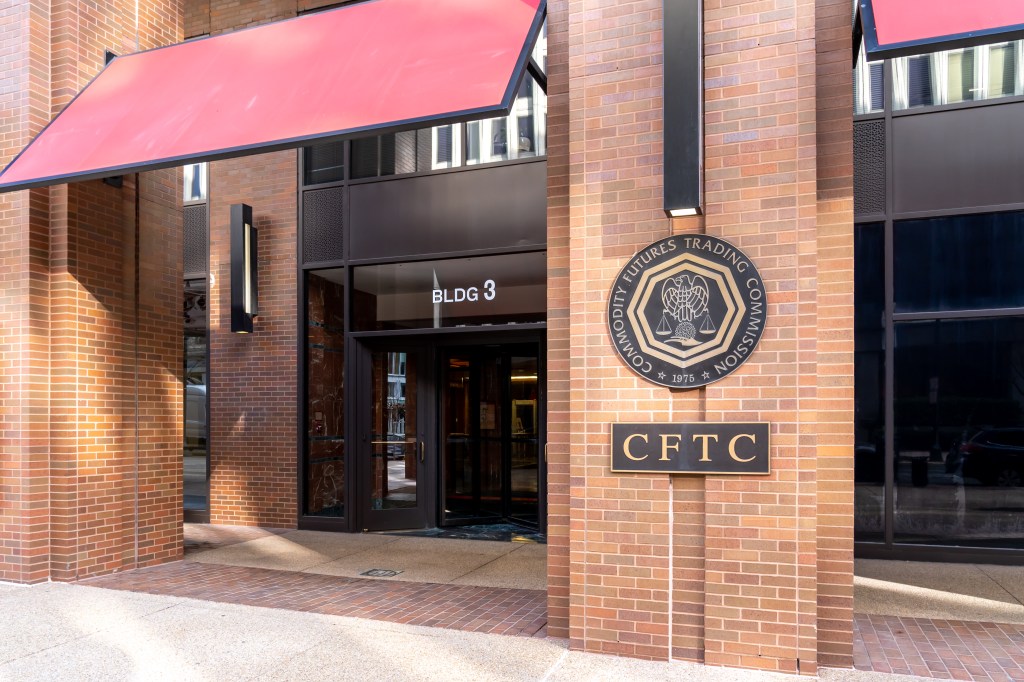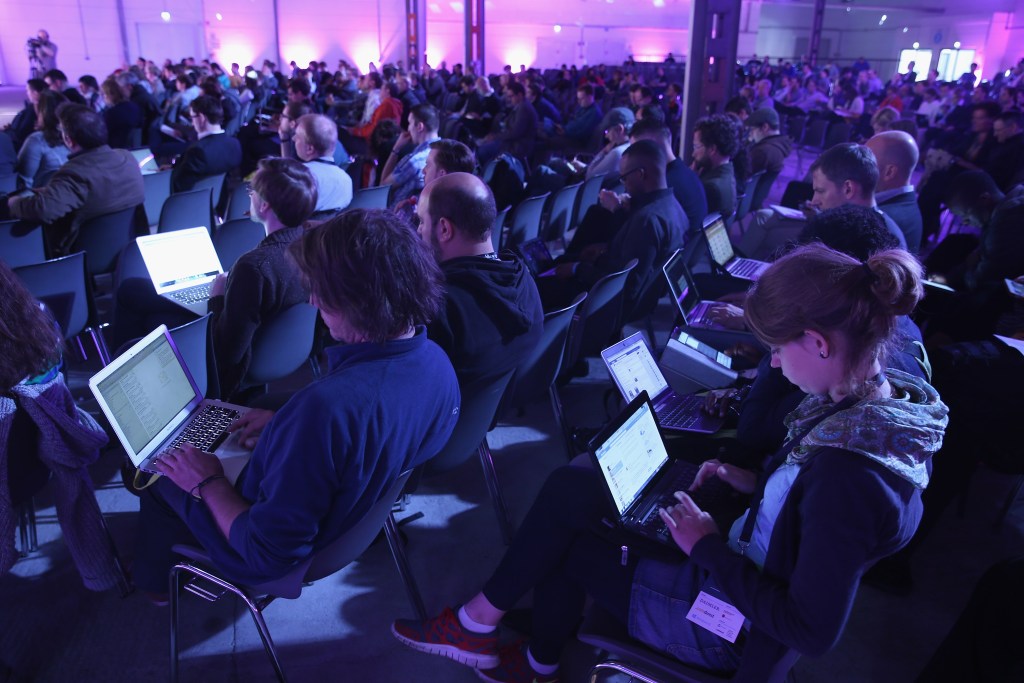A letter jointly crafted by 45 global corporate chief information security officers (CISOs) has called on world government leaders to take certain recommended efforts to streamline cybersecurity regulations for businesses.
The signatories include include CISOs from tech giants, large banks, major hospital chains and healthcare firms, with businesses featured including Amazon
Register for free to keep reading
To continue reading this article and unlock full access to GRIP, register now. You’ll enjoy free access to all content until our subscription service launches in early 2026.
- Unlimited access to industry insights
- Stay on top of key rules and regulatory changes with our Rules Navigator
- Ad-free experience with no distractions
- Regular podcasts from trusted external experts
- Fresh compliance and regulatory content every day













